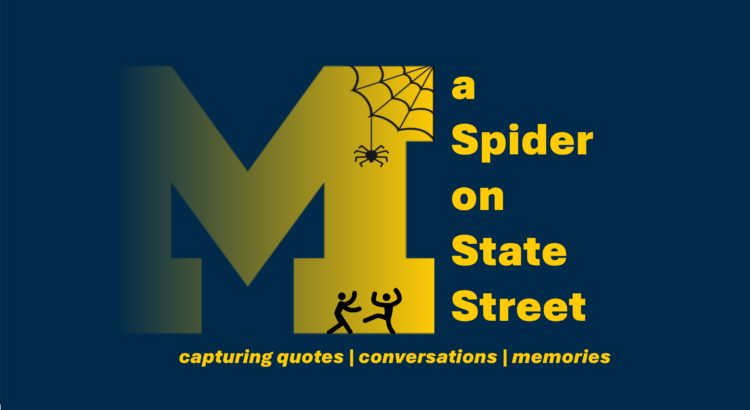There once was a woman named Vivian Virtue who lived in a pretty three-story apartment complex. And much to the horror of her older neighbors, Vivian was seen every night with a new man linking their arm with hers. The first week that the neighbors had noticed her habit they’d press their ears against shared walls, floors, or ceilings, wondering at the absence of unbecoming sounds they’d expected from an exuberant young woman such as her. After the first week of shameless snooping, they gave it up and went on with their lives. Only occasionally, if they ever crossed paths with her in a stairwell or hallway with a man attached to her hip, would they send her way a sneer of disgust. Thus, Vivian’s notoriety was cemented by her lack of Virtue.
One day, however, 60-year-old Martha who shared a wall with Vivian, was woken with a start. A loud thud had echoed from right beside her bed. Then came the muffled moans. It took a while for her to understand what was going on when her face was overcome by a deep flush. She was scandalized and vexed. Vivian was a fiend, Martha had always known, but she had simply ignored the fact since the young lady had never exhibited her loose behavior. However, now that she had, Martha finally had her chance to give a harsh lecture to the young lady. One that she had been preparing since that first week of Vivian’s man-trapping days.
Yes, Martha thought, it was time the youth learned a thing or two about propriety.
To be continued . . .



